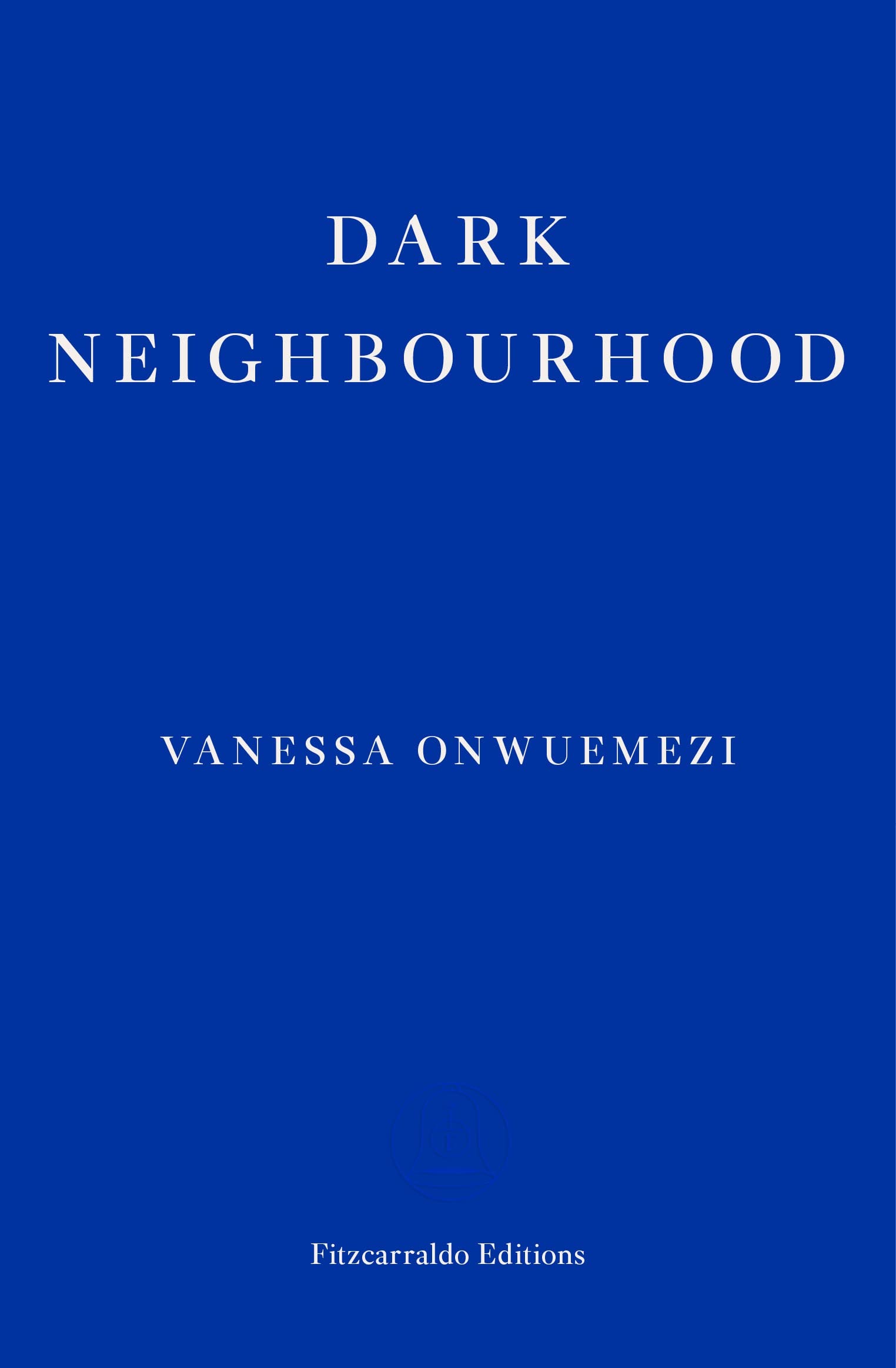Author Vanessa Onwuemezi discusses the origins of forming a short story collection.

As I began writing a story called Bright Spaces I felt sure, for the first time, that I would someday have a collection of short stories to put together. I had in my mind another two, three, then four stories to follow which would comprise the collection I would eventually title, Dark Neighbourhood.
But that wasn't entirely true because long before I’d begun writing Bright Spaces, I’d known that Dark Neighbourhood would be the title of the short story collection I had not yet written and didn’t know if I would ever write. The title felt right, but in those tentative beginning stages I thought that I would probably change my mind about it. I never did.
Dark Neighbourhood is also the title of the first story in the collection. It was the first story I began writing and the last to be completed. The process of writing is never neat, linear or contained. It is something both spiritual and material, a collection of dreams somehow becoming a reality of ink and paper, then a reality in readers’ minds – a collective mind larger than any one imagination. When trying to corral all of these dreams, we’ll call them stories, into one book, so that they cohere and meet the demands of publishing and the potential (but usually forgiving) expectations of readers, a writer can struggle to create an overall form out of the unruly stories. These stories are often written individually and have their own lives.
The form of the short story collection itself has evolved both historically and across cultures. In places where the individual short story has thrived – Latin America comes to mind – the short story collection is just that: a collection of stories that had previously stood alone. I think of my favourite collections, Julio Cortázar’s Blow-Up (Random House, 1985) and Jorge Luis Borges’s, The Aleph and Other Stories (Random House, 1998) specifically here.
 The contemporary short story collection, in the anglophone world, has certain expectations upon it: a coherence in theme, style, message, or similar, because where the novel thrives the short story collection has a novelistic tint. I didn’t pay too much attention to this when writing the stories in Dark Neighbourhood. Not to say that these things are unimportant to the short story writer hoping to publish a collection but these attributes, in my experience, are best kept in the back of the mind while doing the work. As the stories evolve you will start to see what binds them and then begin to emphasise that. Writing anything is a leap of faith, a faith that is underpinned by confidence in what you are doing. It’s important to know your work and consider the ‘collecting’ of the stories as another stage in the writing and editing, a superstructure. Think about it in a similar way to how you might structure your scenes or paragraphs.
The contemporary short story collection, in the anglophone world, has certain expectations upon it: a coherence in theme, style, message, or similar, because where the novel thrives the short story collection has a novelistic tint. I didn’t pay too much attention to this when writing the stories in Dark Neighbourhood. Not to say that these things are unimportant to the short story writer hoping to publish a collection but these attributes, in my experience, are best kept in the back of the mind while doing the work. As the stories evolve you will start to see what binds them and then begin to emphasise that. Writing anything is a leap of faith, a faith that is underpinned by confidence in what you are doing. It’s important to know your work and consider the ‘collecting’ of the stories as another stage in the writing and editing, a superstructure. Think about it in a similar way to how you might structure your scenes or paragraphs.
It also means, be true to your work. How? First by placing value on your likes and dislikes, however unfashionable they may be. Our taste is a signpost often ignored. I have no interest in themes as I don’t know what I’m writing about when I’m writing. What worked for me was to consider the stories in a less linear fashion, and treat them as a constellation where each would be linked to the other. I began with an orange, an orange in the story Cuba then appeared in At the Heart of Things. I continued repeating phrases and images across the collection, and I made a note of where phrases were repeated between stories, first on paper as a list, then as a diagram, and the collection became a web which bound the seemingly disparate characters, situations and places together.
There’s room to be creative. Whatever you do it helps to move in the direction of your own uniqueness, making your own contribution to the ever-evolving short story form.
Vanessa Onwuemezi is a writer living in London. She has a BA in Biological Sciences, an MSc in Cognitive and Evolutionary Anthropology and completed an MA in Creative Writing at Birkbeck, University of London in 2018. She is the winner of The White Review Short Story Prize 2019 and her work has appeared in literary and art magazines, including Granta, Frieze and Prototype. Her debut short story collection, Dark Neighbourhood, was published by Fitzcarraldo Editions in 2021, and was named one of The Guardian's best books of 2021. It was shortlisted for both the Republic of Consciousness Prize and the Edge Hill Prize in 2022 and her short story Green Afternoon was shortlisted for the BBC National Short Story Award 2022. She has written several exhibition texts, most recently for SMIIILLLLEEEE, Rachel Jones, Thaddaeus Ropac gallery, 2021 and The Exile of Dionysus, Bill Lynch, Brighton CCA, 2022.
Photo credit: Lewis Khan
Comments